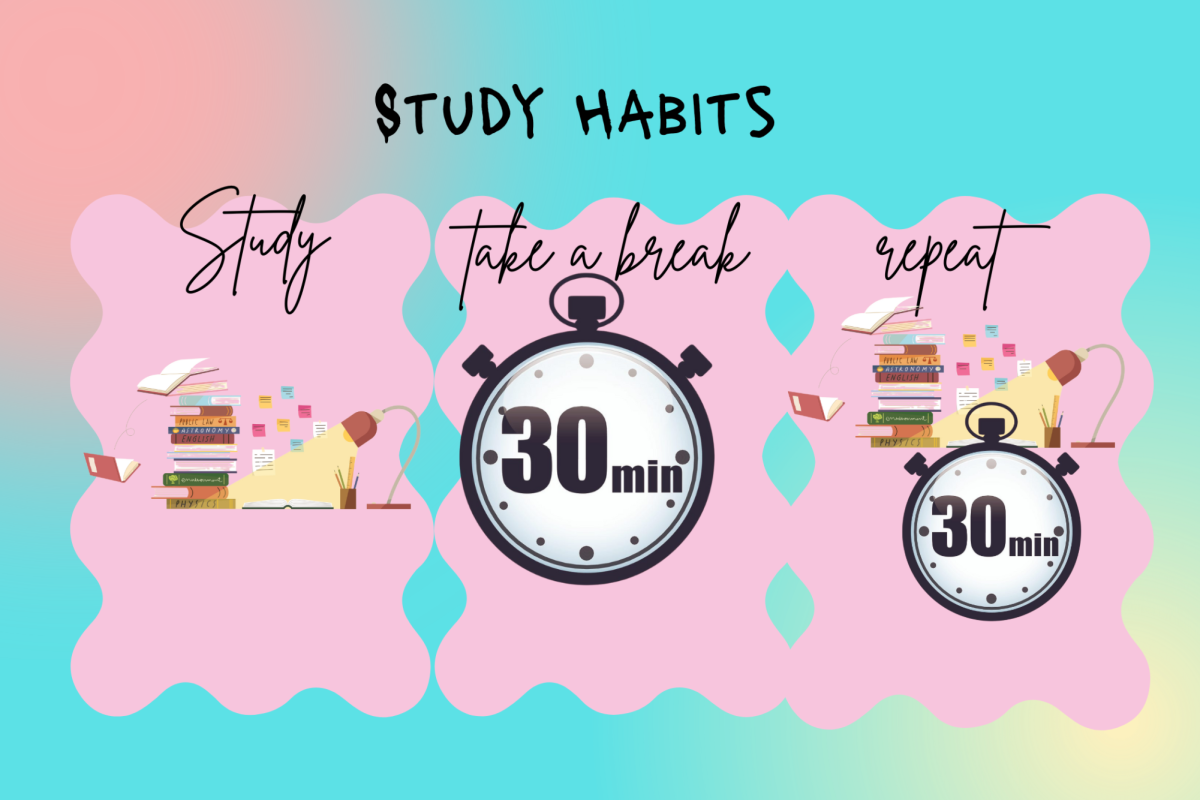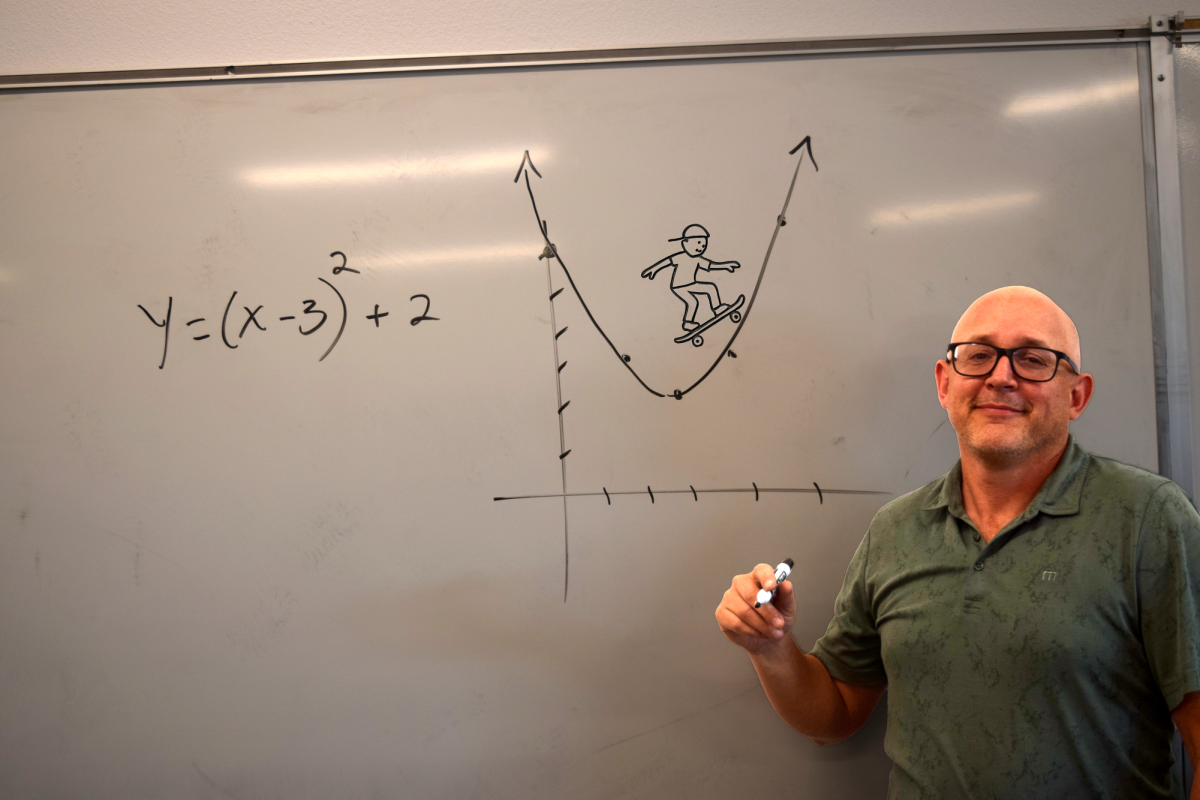A timer slowly ticking down: 1 minute left, just 2 more questions.
“What was that thing about sequences?”
10 more seconds and you have one more question.
You’re frozen, unable to decide which is the correct answer.
5 seconds… “It can’t be C… Is it A?”
1 second.
You pick an answer just in time.
This test takes so long, yet it happens so fast.
You know there’s no penalty for guessing incorrectly, but you can’t help but let the anxiety flood through you.
The American College Test (ACT) and Scholastic Aptitude Test (SAT) cause an unnecessary amount of stress for students because of the pressure it puts on them to perform well in a time constricted environment.
By the start of the school year, every junior is fully aware of the testing season and what it has in store for them.
These standardized tests will evaluate students for college and career readiness, and over the course of first semester, they’ve already started to prepare.
By third quarter, teachers have started counting down the days to ACT like a bomb about to go off.
After all, these kids need to be prepared and ready… except it’s hard to prepare for a test when every concept is either seemingly ancient or completely unprecedented.
Not to say that students necessarily have absent knowledge of these concepts, but rather, they have forgotten them.
That’s the main problem with these tests: kids are being evaluated based on their knowledge on topics that either they haven’t studied since grade school, or learned at all.
And although teachers can’t seem to stress enough that wrong answers won’t be penalized, getting a bad score can dictate college scholarships, where you go to school, and essentially your next steps into adulthood.
What many people don’t realize is that one point on your ACT score can be the difference between a full-ride scholarship to university and lifetime college debt.
The pressure to do well combined with the fear of failure is often what dictates the outcomes of these tests, making the below par scores an inaccurate representation of students’ intelligence and work ethic.
With a timer determining their pace, many students worry that they won’t be able to answer every question in the allotted time.
This causes immense pressure, especially on portions of the test that already challenge kids’ mental capacity.
Even so, with all of this being said, it is important to acknowledge that some colleges do require ACT and SAT scores for admission, and it is a privilege that these tests are free for students, being paid for by the school.
Many kids wouldn’t take the test if they weren’t required to, which could make it harder for them to get into certain schools later on in life.
So ultimately, these standardized tests (although tedious) broaden the horizon of opportunity for students.
However, it needs to be addressed that, in the end, this way of testing simply doesn’t compute well with the high majority of students, making the ACT and SAT poor indicators of students’ intelligence.
Instead of mandating them, the state should leave the ACT and SAT as optional tests for students who are seeking a higher education.
Students should be taught the value of education to create genuine motivation, rather than taking tests they may not even put effort into.
Students need more support and less micromanaging; it’s time their needs were finally met.
























































